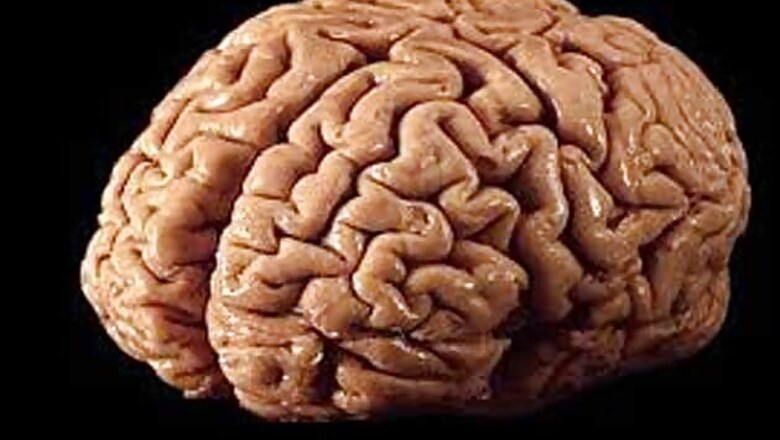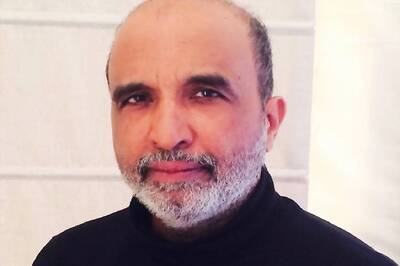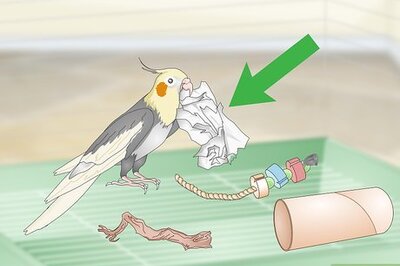
views
London: A team of researchers led by an Indian-origin scientist Srivas Chennu from University of Cambridge has found hidden signatures of consciousness in the brains of people in a vegetative state.
These signatures point to networks that could support consciousness even when a patient appears to be unconscious and unresponsive, thus helping doctors identify patients who are aware despite being unable to communicate.
"Understanding how consciousness arises from the interactions between networks of brain regions is an elusive but fascinating scientific question. But for patients diagnosed as vegetative and minimally conscious, and their families, this is far more than just an academic question - it takes on a very real significance," explained Chennu from department of clinical neurosciences at University of Cambridge.
"Our research could improve clinical assessment and help identify patients who might be covertly aware despite being uncommunicative," he added.
The team used high-density electroencephalographs (EEG) and a branch of mathematics known as "graph theory" to study networks of activity in the brains of 32 patients diagnosed as vegetative and minimally conscious and compare them to healthy adults.
The findings showed that the rich and diversely connected networks that support awareness in the healthy brain are typically - but importantly, not always - impaired in patients in a vegetative state.
Some vegetative patients had well-preserved brain networks that look similar to those of healthy adults.
"These patients were those who had shown signs of hidden awareness by following commands such as imagining playing tennis," Chennu noted.
The findings could help researchers develop a relatively simple way of identifying which patients might be aware whilst in a vegetative state.
"If a patient's 'awareness' networks are intact then we know that they are likely to be aware of what is going on around them," added Tristan Bekinschtein from department of psychology.
The paper was published in the journal PLOS Computational Biology.



















Comments
0 comment